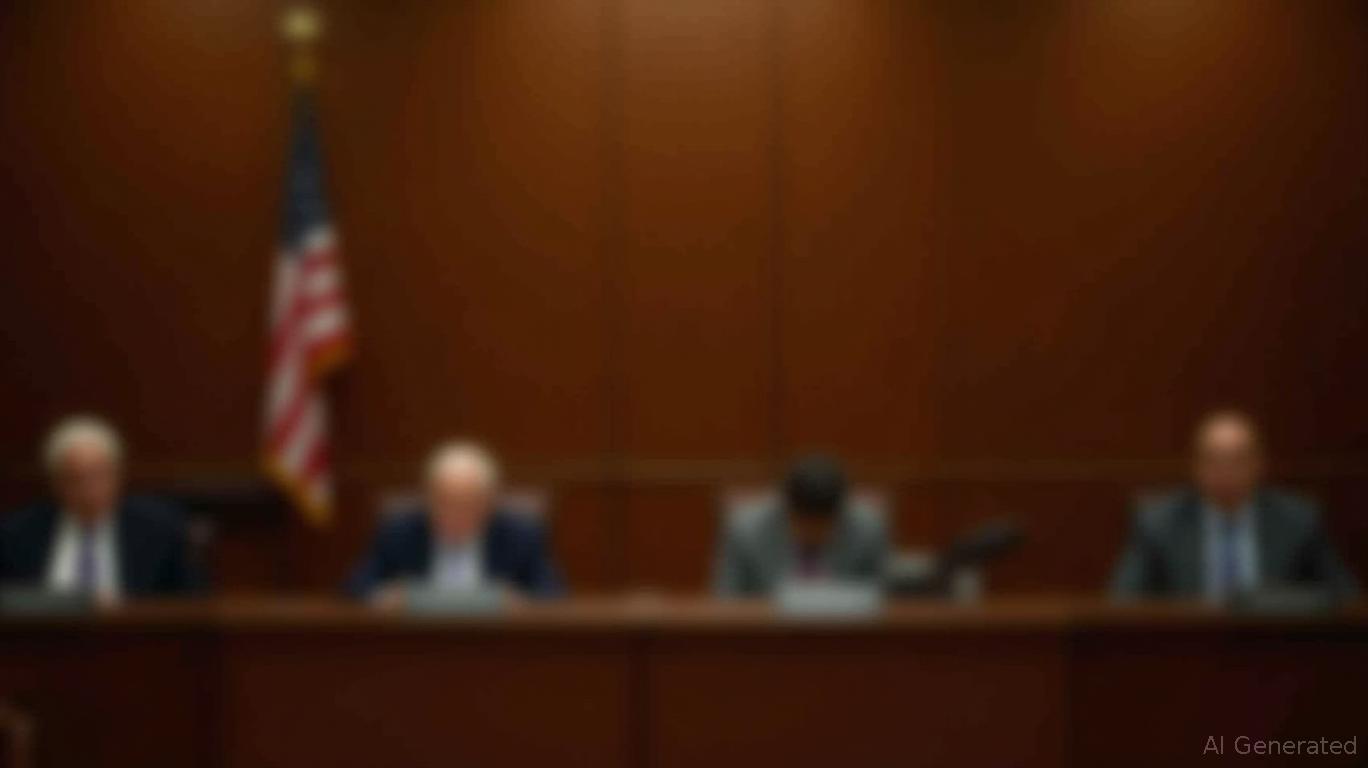The U.S. Supreme Court is preparing to address a pivotal legal challenge to President Donald Trump’s use of emergency powers to implement broad international tariffs, with betting markets estimating a 61% likelihood that he will lose, according to
betting markets
. The consolidated case—Learning Resources Inc. v. Trump and Trump v. V.O.S. Selections Inc.—will determine whether the International Emergency Economic Powers Act (IEEPA) gives the president the right to impose tariffs, a responsibility the Constitution assigns to Congress,
a Newsweek report
notes. The decision could alter Trump’s economic approach, impact $90 billion in
collected tariff revenue
, and shift the power dynamic between Congress and the White House.
The implications are significant. By September 23, U.S. companies had paid almost $90 billion in IEEPA-related tariffs, making up more than half of the nation’s tariff income for fiscal year 2025, according to Yahoo Finance. Trump has cautioned that a loss would mean these funds must be returned, but legal specialists say the process for refunds would be complicated and uncertain, the report adds. For smaller firms like Learning Resources Inc., a Chicago toy manufacturer, the tariffs have been devastating: the company was hit with a $50,000 charge after a shipment of educational toys missed a deadline by six hours, triggering a 50% tariff increase on goods from India, as described in
a Bloomberg feature
. "We’re almost like nomads in the way we produce our goods," said CEO Rick Woldenberg, whose businesses challenged the tariffs in court, arguing they exceeded presidential authority, Bloomberg reported.
Experts in law and former government officials maintain that IEEPA, passed in 1977 to address foreign threats through financial sanctions, was never meant to permit tariffs, according to
a CBS News article
. "Trump favors IEEPA because it doesn’t require any formal process or investigation—just an emergency declaration," attorney Alan Meyer explained in that report. Critics argue this sidesteps Article I of the Constitution, which gives Congress sole authority over trade, as highlighted by Newsweek. The Trump administration, on the other hand, argues the tariffs are vital for national security, pointing to issues like fentanyl smuggling and dependence on Chinese rare earths, as outlined in
a DiscoveryAlert article
. Treasury Secretary Scott Bessent described the tariffs as a reaction to China’s restrictions on exporting key minerals needed for defense and clean energy, the DiscoveryAlert article added.
The Supreme Court’s ruling could have lasting effects. If the court rules against Trump, it would limit his ability to use tariffs as a diplomatic measure, forcing future presidents to rely on laws with more rigorous procedures, according to
a Yahoo Finance analysis
. If the tariffs are upheld, it could encourage presidents to use emergency powers more extensively, potentially transforming U.S. trade policy for years, as
Barron's column
suggests. The case also touches on the broader "Major Questions Doctrine," which requires Congress to clearly authorize significant regulatory actions, as discussed in
a Forbes analysis
.
With a conservative majority on the Supreme Court and a 61% chance the tariffs will be struck down, the final result is still unpredictable. Trump had considered attending the November 5 oral arguments—something no sitting president has done before—but ultimately decided against it, according to
a Mohave Daily News report
and as
Bloomberg reported
, saying, "This isn’t about me, it’s about our nation." Nevertheless, the issue is deeply personal for Trump, who has made the tariffs a central part of his economic policy. As Justice Department attorney Peter Navarro put it, "This may well be the most significant economic case in American history," a statement cited in Newsweek.
